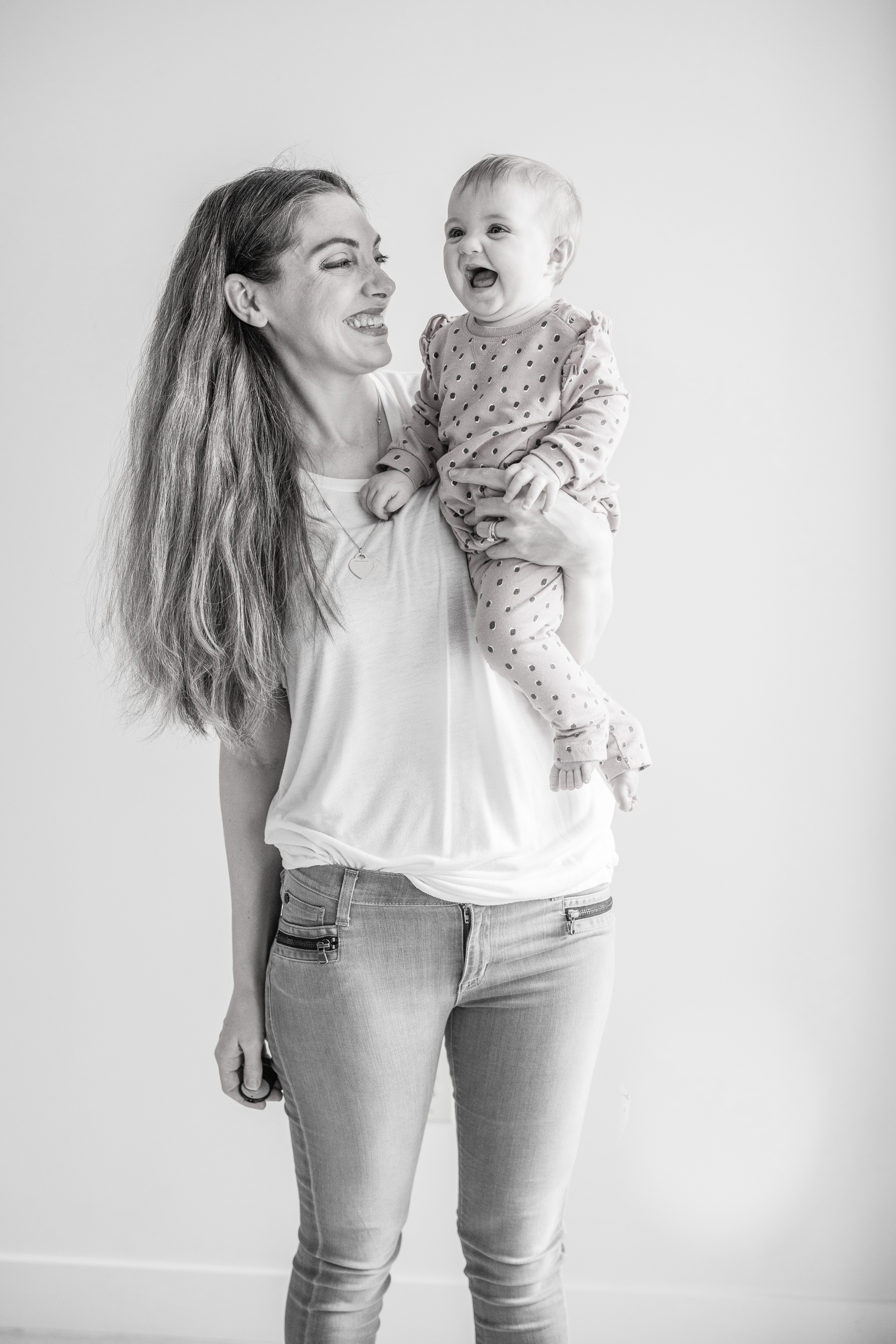We all strive to be happy people.
A while back, an article published by WebMD, called Does Having Kids Make you Happy? physician Dr. Parker asks the question:
Does having kids make you a happier person?
The answer to this question may not be what you think.
Dr. Parker did several studies these three characteristics of people:
**Whether they had children (= ¾) or not (= ¼).
**Levels of depressive symptoms.
**Data on socio-economic status.
A survey of 9,000 individuals found the following results:
Higher rates of depression were seen at younger ages, in women, in Blacks, in persons with less education, in those not employed full-time, in those with lower family incomes, and in non-married adults.
As a group, parents reported significantly higher rates of depression, compared to childless adults.This was especially true of parents with young children. Though "empty nesters" reported the same levels of depression as childless adults.
This study suggests:
Parents, especially those with young children, report higher rates of depression compared to childless adults.
Dr. Parker recommends these tips for young parents suffering from depression:
1. Don't Neglect Your Own Goals and Needs
Children are best served when their parents are living happy and fulfilling lives. This doesn't necessarily mean you need to get a high paying full time job. Just make sure you are fulfilled and satisfied in all areas of your life. This may mean harder work on your part, but it may be worth it in the end.
2. Get a Life
Don't make your kids' life- your life. Parents become depressed when they give up all the things that used to be meaningful to them in their childless days: friends, time for improving the relationship with their partner, etc. Having a life outside kids is key.
3. Perfection is Not Bliss
Parents may become depressed if they are consumed with the notion of "infant determinism" - a theory where you need to be a perfect parent because every little thing one does with your child is fraught with significance for their long term development. One false move and the child will be an endlessly neurotic, unhappy adult. Since the perfect parent doesn't exist, guilt is inevitable.
4. It's a Crazy World, but They Will be OK.
Parents become depressed when they view themselves inadequate to provide their child with the skills needed to overcome the new threats in the world: drugs, early sex, early exposure to inappropriate content on the media.
LAST WORD:
So overall, we have seen that there are many mixed emotions that new parents feel. Most undiscussed are those of depression, anger, sadness and stress. However, the more parents learn that these mixed feelings are only natural, the more they can work to fix them. Since parents with older children show LESS and not MORE rates of depression, we know that things only get better and there is ultimate joy and bliss and satisfaction in they wonderful world of being a parent.
The study in this articles was done in 1987-1988, the National Survey of Families and Households interviewed and tested 9,000.









